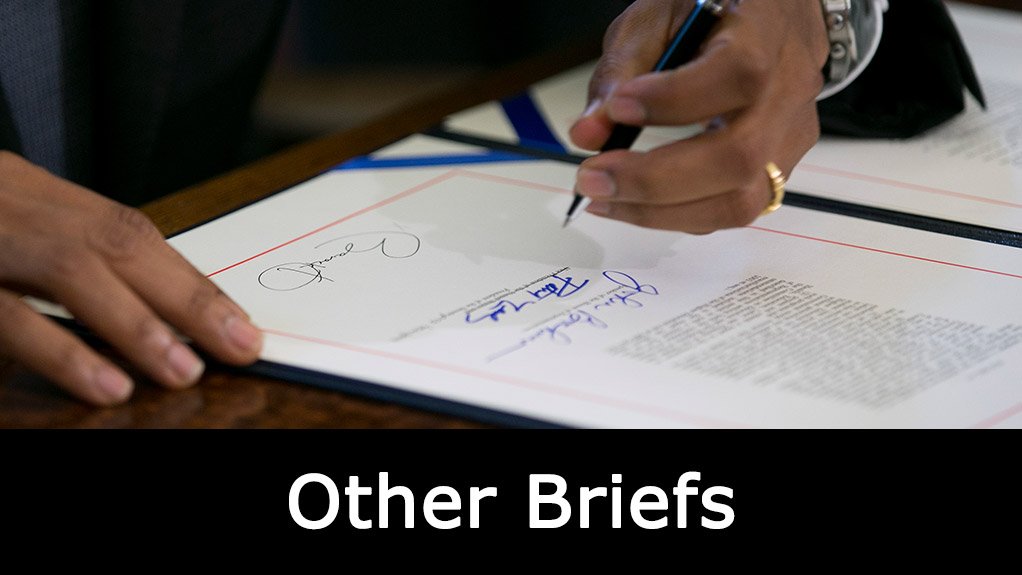One Stop Financial Services (Pty) Ltd v Neffensaan Ontwikkelings (Pty) Ltd and Another (20028/14) [2015] ZAWCHC 89
In the recent High Court decision of One Stop Financial Services (Pty) Ltd v Neffensaan Ontwikkelings (Pty) Ltd and Another, the Court confirmed the requirements for reliance on the common law Turquand rule as well as the implications of the statutory Turquand rule in respect of individual directors who purport to bind a company.
The Turquand rule is applied by the South African courts when deciding whether a company should be bound to a contract concluded with a third party in the circumstances where the company’s representative concluding the contract on behalf of the company is unauthorised to do so due to an irregularity in the company’s internal procedures, or failure to comply with all internal approvals before concluding the relevant contract. The rule protects third parties and creates commercial certainty in that it presumes in favour of the third party that all aspects of the company's internal governance have been duly fulfilled.
The One Stop case confirmed the application of the common law Turquand rule where a third party contracts with a board of directors (as opposed to an individual director) or a managing director or someone who holds another executive position in the company which carries with it a representation of authority usual to that position. In these scenarios a third party is ordinarily entitled to assume that the requisite authority has been granted for purposes of binding the company. The same assumption does not hold true for an individual director. It is clear that just because the company's constitution permits the board of directors to delegate authority to a single director, this does not entitle the third party to assume that any director with whom he deals has the authority to bind the company. The Turquand rule only comes into operation once the third party proves that the individual director (purporting to represent the company) has authority (i.e. ostensible authority) to bind the company. Once this is proved, the Turquand rule will enable the contracting party to assume that there has been compliance with the internal requirements of the company in authorising its representative.
The Turquand rule has essentially been codified in section 20(7) of the Companies Act, 2008 which provides that a person dealing with a company in good faith, other than a director, prescribed officer or shareholder of the company, is entitled to presume that the company, in making any decision in the exercise of its powers, has complied with all of the formal and procedural requirements in terms of this Act, its Memorandum of Incorporation and any rules of the company, unless, in the circumstances, the person knew or reasonably ought to have known of any failure by the company to comply with any such requirement.
The court addressed the codification of the Turquand rule as provided for in section 20(7) and (8) of the Companies Act and stated that the Companies Act is not intended to change the well-established principles of the common law Turquand rule, and as such cannot be seen to now allow a third party to presume the authority of an individual, ordinary director. The Court emphasised that in order for the third party to presume compliance with the “formal and internal procedural requirements” of the constitution (as provided for in section 20(7)), the third party should have been dealing with the “company”. The section does not state that the third party may make any assumption when dealing with a purported representative per se. This reinforces the view that in order for section 20(7) to apply (as with the common law rule), the third party must establish that he was contracting with someone who had actual or ostensible authority to bind the company, only in those circumstance can the third party say that he was dealing with the company.
Written by Ineke Brink, Partner Bowman Gilfillan Africa Group
EMAIL THIS ARTICLE SAVE THIS ARTICLE
To subscribe email subscriptions@creamermedia.co.za or click here
To advertise email advertising@creamermedia.co.za or click here











